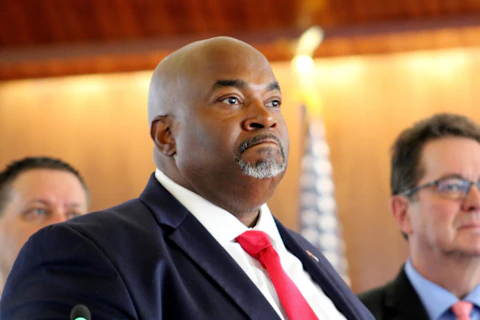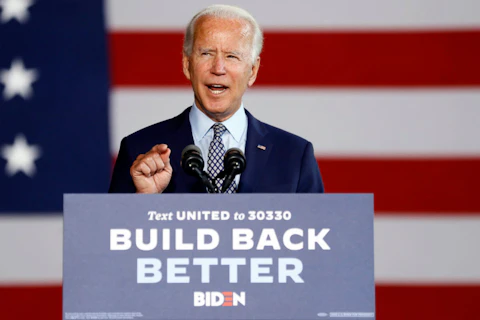Growing up, Connie Chang’s family didn’t talk about politics at dinner. Now, with a family of her own, she’s voting in November for her children’s futures.
Growing up as a second-generation immigrant from a so-called “model minority,” politics was never a big part of my family’s life. Instead, my parents stressed the virtues of hard work and keeping our heads down—the unspoken belief being that a slice of the American dream could be extracted from our blood, sweat, and tears—no matter who happened to be occupying 1600 Pennsylvania Ave.
And so, during the hard-fought three-way election in 1992 between George Bush Sr., Bill Clinton, and Ross Perot, our family dinners were more likely to be accompanied by the laugh track from Growing Pains or Murphy Brown than the endless volleys between political talking heads or candidates engaged in debates.
I now have a family of my own, with whom I share meals around a table and discussions in front of the television set. My husband, a European citizen from Italy, is not eligible to vote and our three children—ages 9, 7, and 4—are still too young to. But if there’s anything that these last four years (with this administration’s systematic dismantling of our environmental and civic protections) have taught me, it’s that the stakes have never been higher or more intimately relevant to the well-being and dignity of every man, woman, and child in this country (and beyond).
And so I vote for them.
I vote for the passionate, principled man I married—who, when he first arrived in the US for graduate school, marveled at the diversity of this country’s citizens and the seemingly endless reserves of their optimism. And as time marched on, I shared in his growing dismay as we both slowly realized how polarized those citizens were becoming, pushed into parallel realities with no point of contact bridging one to the other.
I vote for the children whose futures weigh heavily on me. They’re so young that they know of no reality other than one in which a person can freely choose who to love, without fear of reprisal. If I were to mention to them that several decades ago, it would have been illegal for their father and me to be together, they might laugh in disbelief, looking up shyly from beneath unruly hair, and gauge my expression for signs that I’m joking.
But they also live in a state (California) where fire is just another season, when the air outside is choked in pollutants, and they must stow their bicycles, board up the windows, and stay inside. They live in a world where they duck into closets at school and learn to be silent during active shooting drills, where their Black classmates have to abide by a different set of rules just to survive, where children like them go hungry because wealth has been concentrated into ever tightening circles of power.
I vote for them because they need to see that we’re all a part of this process we call government and civic responsibility—from which there can be no exemptions, no do-overs, and no excuses.




